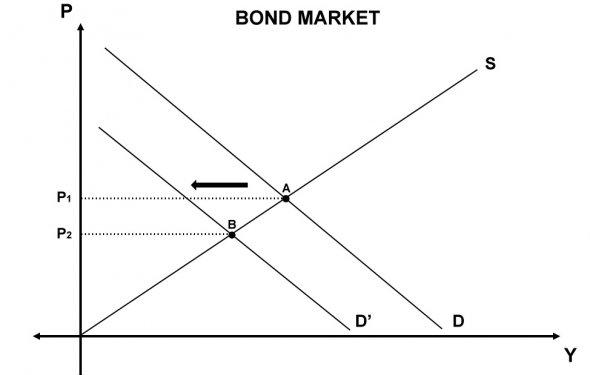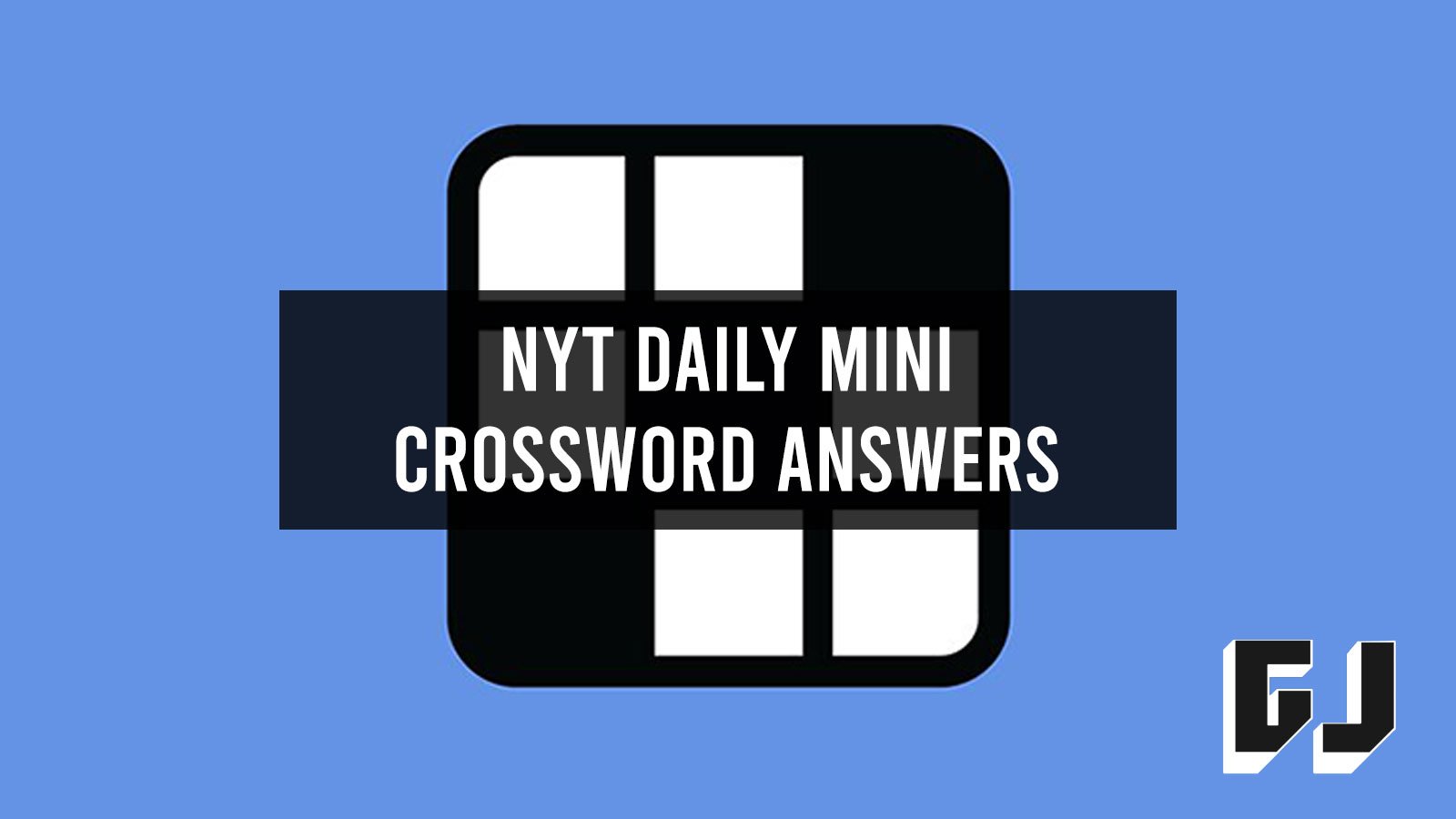FTC's Appeal Could Delay Or Block Microsoft-Activision Merger

Table of Contents
The FTC's Antitrust Concerns and Arguments
The FTC's core argument rests on antitrust concerns. They believe the merger would give Microsoft an unfair competitive advantage, potentially stifling competition and harming consumers. Their antitrust lawsuit centers on several key areas:
-
Reduced Competition in the Console Market: The FTC argues that Microsoft's acquisition of Activision Blizzard, a major game developer, would significantly reduce competition in the console market, potentially leading to a Microsoft monopoly. This is particularly concerning given the popularity of Activision Blizzard's titles, including Call of Duty. The concern is that Microsoft could make Call of Duty exclusive to its Xbox ecosystem, disadvantaging players on PlayStation and other platforms.
-
Dominance in Subscription Services: The FTC also expresses concerns about Microsoft's Game Pass subscription service. By adding Activision Blizzard's titles to Game Pass, the FTC worries Microsoft could gain an insurmountable advantage over competitors, locking players into its ecosystem and limiting choices.
-
Impact on Mobile Gaming: Activision Blizzard's mobile gaming presence, particularly through King, adds another layer to the FTC's concerns. The FTC fears that the merger could stifle competition in the rapidly growing mobile gaming market, leading to less innovation and higher prices for consumers.
-
Exclusion of Rival Game Developers: The FTC also worries that Microsoft's increased market power could lead to the exclusion of rival game developers, preventing them from accessing key platforms and distribution channels. This could stifle innovation and limit consumer choice.
The FTC's key claims boil down to this: the merger would create a monopoly, resulting in higher prices, less innovation, and reduced consumer choice. These arguments form the foundation of their antitrust appeal.
The Judge's Ruling and the FTC's Appeal
A federal judge initially rejected the FTC's attempt to block the merger, finding insufficient evidence to support the commission's claims. However, the FTC, unconvinced by the ruling, filed an appeal, arguing that the judge misconstrued key aspects of the case and failed to adequately address their antitrust concerns.
The appeal process will involve a review by the Ninth Circuit Court of Appeals. This process can be lengthy, potentially taking months or even years to resolve. The appeal process is complex and involves several stages: brief filings, oral arguments, and ultimately, a decision from the appellate court.
- Ninth Circuit Court of Appeals Review: The case will now be reviewed by the Ninth Circuit Court of Appeals, a highly influential appellate court.
- Lengthy Timeline: The appeal process is expected to be lengthy, potentially delaying or even preventing the merger's completion.
- Microsoft's Confidence: Microsoft maintains its confidence that the merger will ultimately be approved.
Potential Impacts of a Delayed or Blocked Merger
A successful FTC appeal could have profound consequences. The most immediate impact would be the potential termination of the merger agreement. This would be a significant setback for both Microsoft and Activision Blizzard, impacting their financial projections and strategic plans.
Beyond the immediate parties, the consequences ripple throughout the gaming industry:
- Increased Regulatory Scrutiny: A blocked merger could lead to increased regulatory scrutiny of future mergers and acquisitions in the gaming industry. This could make it more difficult for other companies to consolidate or expand through acquisitions.
- Uncertainty in the Gaming Market: The uncertainty surrounding the merger creates instability in the gaming market, potentially affecting investment decisions and long-term strategies for game developers and publishers.
- Impact on Game Prices: While the FTC argues prices might increase, some argue that the merger could lead to cost savings and lower prices in the long term through economies of scale.
Microsoft's Response and Counterarguments
Microsoft has vigorously defended its acquisition, arguing that it will benefit consumers through expanded access to games via Game Pass, increased competition, and innovation. They contest the FTC's claims of a monopoly, citing the continued strength of competitors like Sony and Nintendo.
Microsoft has also made concessions to try and alleviate some of the FTC's concerns, including commitments to keep Call of Duty available on PlayStation for at least 10 years.
- Expanded Game Availability: Microsoft highlights the increased availability of games through Game Pass as a key benefit for consumers.
- No Anti-Competitive Behavior: Microsoft argues that there is no evidence of anti-competitive behavior and that the merger will actually foster innovation and competition.
- Call of Duty's Cross-Platform Availability: Microsoft's commitment to keeping Call of Duty available across multiple platforms addresses a major concern raised by the FTC.
Conclusion: The Future of the Microsoft-Activision Merger Remains Uncertain
The FTC's appeal dramatically changes the landscape of the Microsoft-Activision Blizzard merger. While a judge initially approved the deal, the FTC's antitrust concerns and subsequent appeal inject significant uncertainty. The arguments presented by both sides – the FTC's concerns about reduced competition and Microsoft's claims of consumer benefits – highlight the complexities of this major deal. The outcome will have far-reaching implications for the gaming industry, affecting competition, pricing, and the future of gaming as a whole. Stay informed about the latest developments in the FTC's appeal on the Microsoft-Activision merger and related antitrust cases to understand the evolving situation and its potential impact on the future of gaming.

Featured Posts
-
 First Look 2026 Porsche Cayenne Ev Spy Photos Unveiled
May 24, 2025
First Look 2026 Porsche Cayenne Ev Spy Photos Unveiled
May 24, 2025 -
 17 Celebrities Who Destroyed Their Careers Overnight
May 24, 2025
17 Celebrities Who Destroyed Their Careers Overnight
May 24, 2025 -
 Global Bond Market Instability A Posthaste Warning
May 24, 2025
Global Bond Market Instability A Posthaste Warning
May 24, 2025 -
 Nyt Mini Crossword Answers Tuesday April 8 2025
May 24, 2025
Nyt Mini Crossword Answers Tuesday April 8 2025
May 24, 2025 -
 Australias Bjk Cup Campaign Ends In Semifinals Kazakhstan Through
May 24, 2025
Australias Bjk Cup Campaign Ends In Semifinals Kazakhstan Through
May 24, 2025
